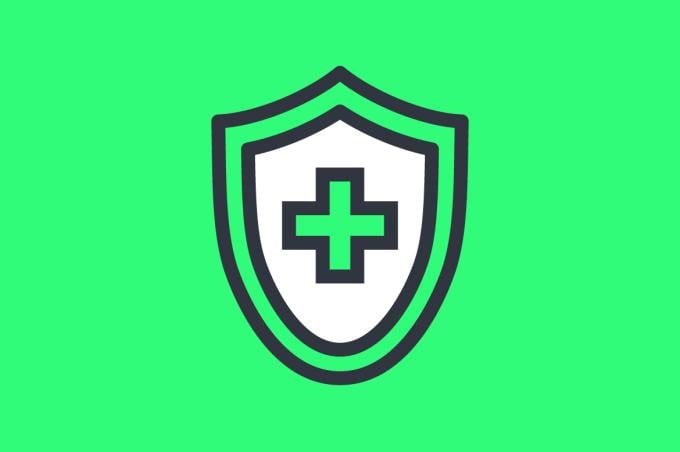What is a COVID-19 booster shot?
A booster dose refers to an additional dose of the COVID-19 vaccine given after the protection provided by the original shot(s) has begun to decrease over time.
Who is providing COVID-19 booster shots? Are booster shots available?
Pfizer-BioNTech, Moderna and Johnson & Johnson COVID-19 booster shots are all available now.
Can people mix and match COVID-19 vaccine brands for their booster dose?
Yes, eligible individuals may choose which vaccine they receive as a booster dose.
Who is currently eligible to get a booster dose?
For individuals who received a Pfizer-BioNTech or Moderna COVID-19 vaccine, the following groups are eligible for a booster dose:
- People 65 years and older and residents ages 18 years and older of long-term care settings should receive a booster dose at least 6 months after their primary series.
- People ages 50 to 64 years with certain underlying medical conditions should receive a booster dose at least 6 months after their primary series.
- People ages 18 to 49 years who are at high risk for severe COVID-19 due to certain underlying medical conditions may receive a booster dose at least 6 months after their primary series, based on their individual benefits and risks.
- People ages 18 to 64 years who are at increased risk for COVID-19 exposure and transmission because of occupational or institutional setting may receive a booster dose at least 6 months after their primary series, based on their individual benefits and risks.
For the people who received the Janssen/Johnson & Johnson COVID-19 vaccine, booster doses are recommended for those who are 18 years and older and were vaccinated two or more months ago.
When can I receive a COVID-19 booster dose if I am moderately to severely immunocompromised and received an additional dose of an mRNA vaccine?
Moderately and severely immunocompromised people aged ≥18 years who received a 2-dose mRNA primary series and an additional mRNA dose (3 total mRNA vaccine doses) are eligible for a single COVID-19 booster dose at least 6 months after completing their third mRNA vaccine dose.
Will booster doses be the same formulation as the vaccines used for the primary series?
Yes, COVID-19 booster doses are the same formulation as the COVID-19 vaccines used for the primary series. However, in the case of the Moderna COVID-19 vaccine booster dose, it is half the dose of the vaccine people get for their primary series.
What are the reported adverse reactions after receiving a booster dose?
Reactions reported after the booster dose were similar to that of the primary series. The most commonly reported reactions include pain at the injection site and fatigue. However, serious side effects are rare, but may occur.
Why are booster shots needed? Does this mean the vaccine is not working?
No, COVID-19 vaccines are effective at preventing severe illness, hospitalizations and death. The vaccines are also providing protection against the Delta variant. However, over time, public health experts are starting to see reduced protection against mild and moderate diseases as COVID-19 variants continue to change. Booster doses are meant to provide further protection over the coming months of the COVID-19 pandemic.
Will the booster dose be free?
Yes, COVID-19 vaccines are available for everyone at no cost, including the booster dose.
Will providers accept anyone who says they are eligible to receive a booster shot?
Individuals can self-report that they are eligible and receive a booster shot wherever vaccines are provided.
Is it safe to receive a COVID-19 booster dose with other vaccines, like flu?
Yes, both flu vaccine and COVID-19 boosters can be administered at the same visit.




